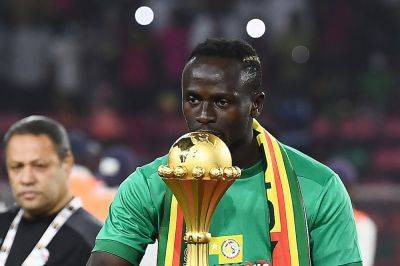Resurgent Fluminense, the former Rio aristocrats with Manchester connections
In 1998, both Fluminense and Manchester City experienced relegation to the third tier of domestic football for the first and only time. It’s considered the lowest point in the history of both clubs, even if both were promoted back to the second tier at the first attempt.
On Friday, in Jeddah, they will contest the Fifa Club World Cup final, a first for both. Last season, both clubs won a first continental title after years of near misses.
Fluminense came close in 2008, reaching the final of the Copa Libertadores for the first time before losing to LDU Quito of Ecuador – who played Manchester United in the Club World Cup final.
And if we’re keeping track of their Manchester connections, they’re the only Brazilian team to play a game at Old Trafford (a friendly in 1986), they are the club United signed the Da Silva twins from, and they wear kits made by Manchester-based company Umbro.
Fluminense are one of the big four clubs of Rio de Janeiro, their Flu-Fla derby against Flamengo the most emblematic in Brazilian football. Flamengo, Brazil’s most popular club, only came about when students broke away from Fluminense to form their own side in 1911.
Fluminense were formed by aristocratic Englishman Oscar Cox and one of their greatest ever goalscorers was Harry Welfare, a Liverpool-born striker and English teacher who scored 163 goals in 166 games in a decade at the club around the First World War. Once perceived as the team of the upper classes, that has long changed, though Alex Bellos explains in his book Futebol: “I have met more Fluminense fans living in poverty who believe they are more socially refined than their Flamenguista neighbours – merely because of their choice of football club.”
Fluminense are estimated to be








